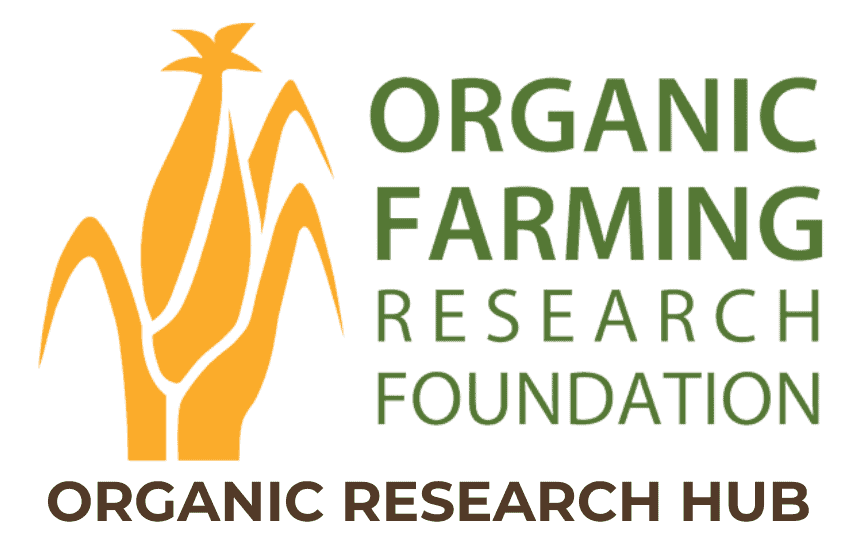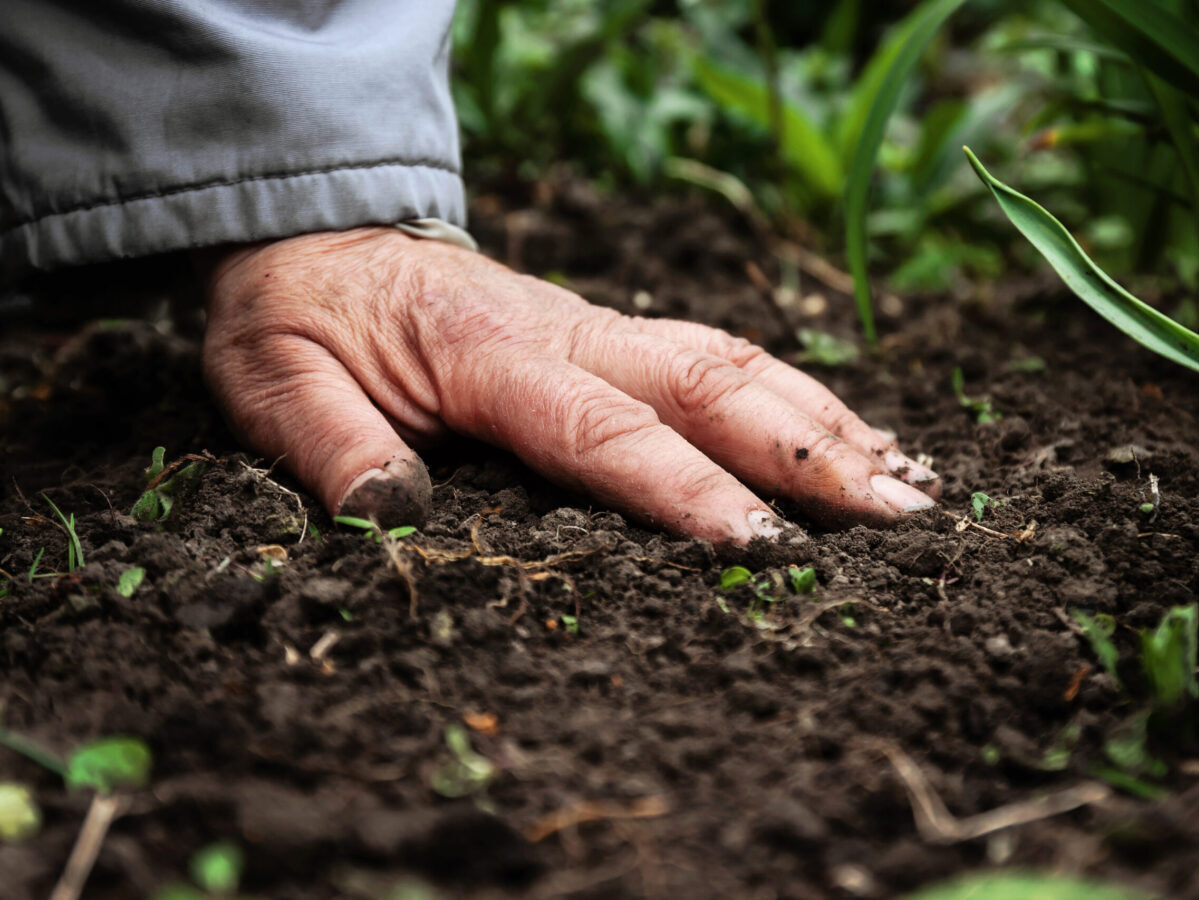OFRF Farmer Led Trials: Occultation Tarping as a No-till Strategy for Weed Suppression and Soil Health Management
Rhianna Simes, Verdant Phoenix Farm

Farm Trial Overview
Rhianna has been using occultation tarping to terminate cover crops and manage weeds while protecting soil health for years. With technical support from OFRF, Rhianna decided to create a farm trial that would compare the use of occultation tarping in no-till and tilled conditions. Soil sampling was the primary way to measure differences in these practices and she evaluated soil parameters such as soil organic matter, carbon mineralization potential, and aggregate stability.
For full details on the study’s methodology and results, check out the OFRF Farmer Led Trials Blog, or read the final report linked here.
Funding Amount
$1,500
Funding Year
2024Location
Jackson County, Oregon
Collaborators
Verdant Phoenix Farm
Organic Farming Research Foundation
Key Findings
- Effective Weed Suppression: Tarped plots had significantly fewer weeds, demonstrating that occultation tarping is a viable alternative to tillage for weed control.
- Increased Soil Moisture Retention: Soil moisture levels were higher in tarped plots compared to non-tarped areas, highlighting the potential of this method to improve drought resilience.
- Short-Term Reduction in Soil Respiration: While tarping suppressed weeds effectively, it also temporarily reduced soil respiration and nitrogen levels, suggesting lower microbial activity in the short term.
- Long-Term Soil Health Benefits: Despite initial reductions in biological activity, visual observations showed improved soil structure and aggregation in tarped plots, indicating potential long-term benefits for soil health.
Based on these findings, Rhianna plans to continue using occultation tarping as a tool for weed management and soil conservation. Future research could explore how repeated tarping affects soil biology over multiple seasons and its impact on crop yields.
Region
Western
Topic
Soil Health, Weed Management, Cropping Systems
Category
Vegetables/Fruits
Year Published
2025



